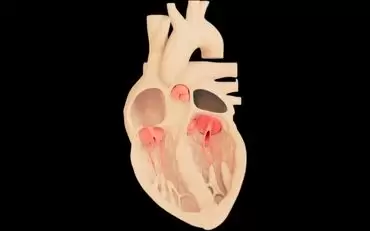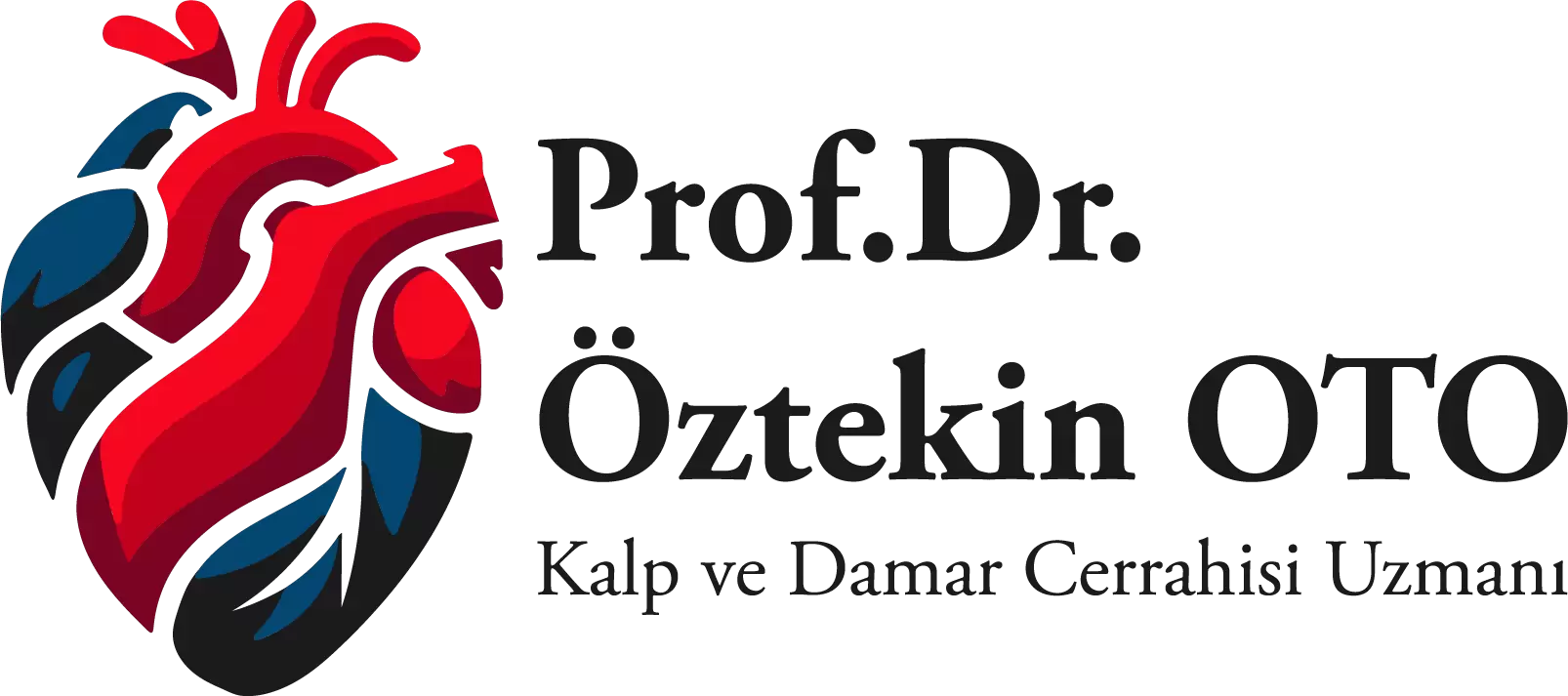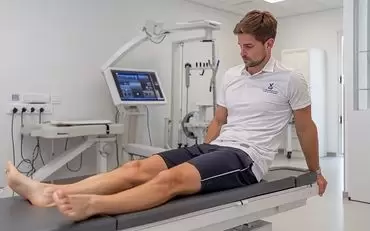29 Oca
Glue / Adhesive Treatment
Son değiştirilme tarihi: 16 Ara 2025
Glue / Adhesive Treatment
Varices may be treated with many different methods. New methods can be applied in the diagnosis and treatment of varices as in many other diseases thanks to the developments in diagnosis and treatment modalities including the glue / adhesive treatment.
Glue / adhesive treatment has recently become a method of choice for both doctors and patients. The treatment makes sure that the insufficient vein becomes non-functional to avoid more severe damage to the circulatory system. Glue / adhesive treatment is based on this discipline.
What is Polymerization or Varix Closure With Glue As A New Treatment in Varix?
The vascular system is quite important for both cardiac and circulatory health. Any impairment of the veins in lower extremities would affect the overall health status of the patient in the long run. Therefore one should take varices seriously and get them treated. Varix is the deformation of veins and loss of function of the valve system leading to accumulation of dirty blood in the vessels. Various treatment modalities are developed every other day for varices, a condition that causes pain, numbness, itching and fatigue. One of these modalities is polymerization.
Based on the principle of closing or blocking the problematic vein with a glue, polymerization provides relief, and varices tend to disappear a short while after its application.
How Does The Glue Work?
The circulatory system is supposed to run from bottom to top in healthy situations but when this system is affected, the valve system is impaired causing varices, in which case it becomes necessary to remove the insufficient vein and make it non-functional.
Anesthesia is needed and several risk factors and symptoms may be observed in many surgical methods applied for varix treatment. The glue / adhesive method on the other hand, provides quite a smooth recovery and does not require any anesthesia or cause any pain or discomfort.
Applied under ultrasonographic guidance, the glue / adhesive treatment is based on delivery of an adhesive drug inside the vein by way of a fine catheter. Patient’s history must be taken and a thorough examination should be performed before the procedure with a proper identification of the insufficient vein causing the varix problem. Otherwise, the treatment would fail and may even cause blockage of a healthy vein if applied to the wrong vein.
What Are The Advantages of Varix Closure With Polymerization?
Many varix patients tend to postpone the treatment with the fear of pain and discomfort during the procedure. However as a new treatment modality, polymerization does not cause any pain or discomfort for the patient. Being a comfortable method for the patient, glue / adhesive treatment provides a considerably quicker recovery compared to other methods.
It is also quite an effective factor for patients to choose polymerization since it does not require any bandage or varix stocking. Another disadvantage of glue / adhesive treatment is that it allows patients to go back to their works or daily lives the same day after treatment.
Who Are The Best Candidates For This Treatment?
The method of choice is to be decided after proper examination or work-up. Glue / adhesive treatment may be applied to all patients, who can undergo surgery or laser or radio frequency. It is also preferable to apply the treatment to long insufficient veins.
Related Articles

Heart Failure
The heart is a vital organ that pumps blood to our body carrying the oxygen and nutrients we need to..
Read More
Minimally Invasive Heart Valve Surgery
Valve diseases are quite common in the society affecting all age groups. There are 4 chambers in the..
Read More





